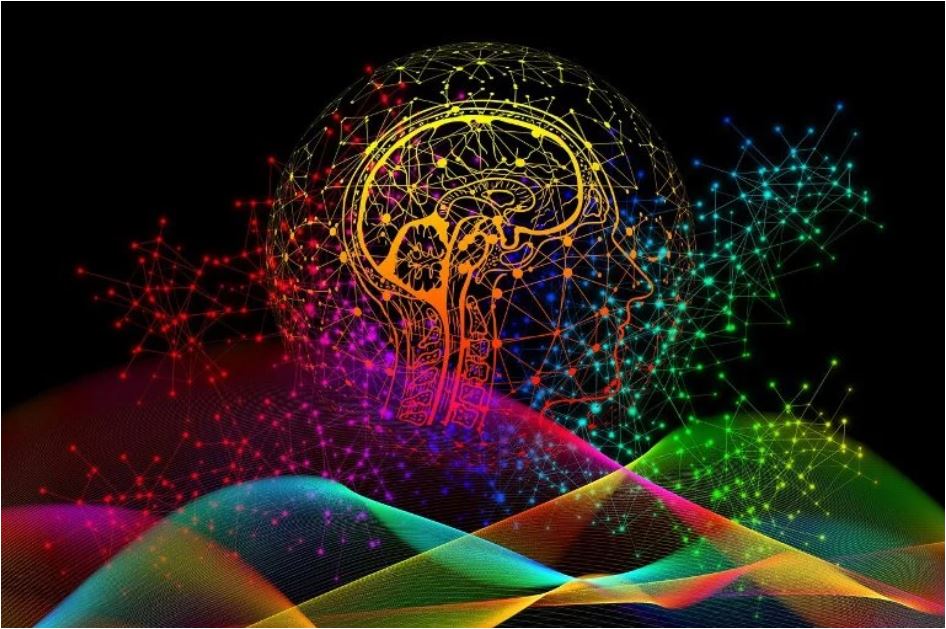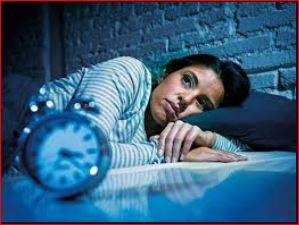Better Communication Skills
Do not bring up upsetting situations, recriminations, or history. Here is your chance to build trust, communicate better, and understand each other better. It will be difficult at first, but will lead to a better/happier relationship. 1. Do not: -interrupt the other. (If you are afraid you will forget what you … Read more









